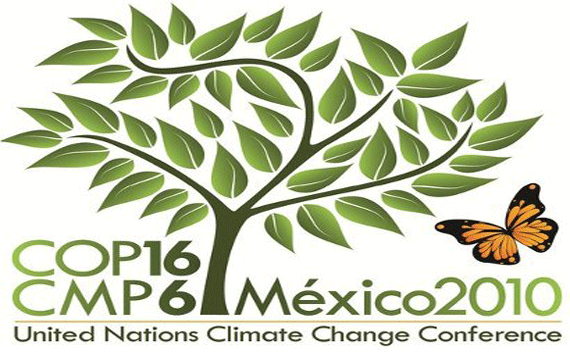What Cancun Means
More on:
The low-drama Cancun climate talks are over, and negotiators are justifiably pleased. The agreement reached here is modest but important. It builds on the political compromise embodied in the unreasonably maligned Copenhagen Accord in two important ways. Substantively, it begins to flesh out many of the accord’s details. Politically, it takes what was a toxic agreement and obtains much more solid buy-in from the most important parties.
The agreement moves forward in a fairly balanced way on each pillar of the Copenhagen accord. It brings the emissions pledges made by all countries into the formal UN process, while maintaining the same legal form for all countries, including both the United States and China. It establishes many of the parameters of a new Green Climate Fund, including many sought by U.S. negotiators, including strong governance and a central role for the World Bank; at the same time, it avoids requiring new financial pledges from the United States, something that will eventually be necessary, but is near-impossible right now.
The agreement cements some basic features of a scheme known as “international consultation and analysis” for ensuring transparency in developing-country emissions cutting efforts, while creating a technical group that will flesh out details, making it much more difficult for China to back out. This was rightly a priority for U.S. negotiators. The parameters of the process are certainly not ideal, but given how reticent China was to accept anything substantive in this area, they constitute real and valuable progress. The agreement also makes some advances in several important areas that were not core to Copenhagen, including deforestation and technology, which is to be applauded.
As important to the outcome as this substance is the process through which it was reached. By all accounts, the Mexican diplomatic team displayed great skill, giving all parties a voice while taking the reality of international power politics seriously. As a result, they eliminated silly procedural excuses for rejecting an agreed outcome, and in doing so appear to have established a much firmer foundation that the Copenhagen accord ever came close to enjoying.
None of this, of course, is world changing. The Cancun agreement, like the Copenhagen accord, is a relatively weak one, not because negotiators lack skill but because the structure of the climate problem conspires against big bang solutions. The Cancun agreement should be applauded not because it solves everything, but because it chooses not to: it focuses on those areas where the UN process has the most potential to be useful, and avoids others where the UN process is a dead end. The outcome does not change the fact that most of the important work of cutting emissions will be driven outside the UN process.
That said, there is one big hole in the Cancun agreement that many observers, in their excitement, appear to have quickly forgotten: its treatment of the Kyoto Protocol. Many developing countries had insisted that rich countries adopt a new set of emissions targets under the Protocol, but Japan, Russia, Canada, and Australia were adamantly opposed. The Cancun result punts the dispute to next year’s talks. But that solution will not be available again: the current Kyoto commitments expire at the end of 2012, making the next UN conference the last practical opportunity to seal a new set of Kyoto pledges. Realistically, though, such commitments are highly unlikely. The big challenge for next year’s talks will be to protect Cancun’s progress and momentum from the inevitable acrimony over Kyoto.
More on:
 Online Store
Online Store
